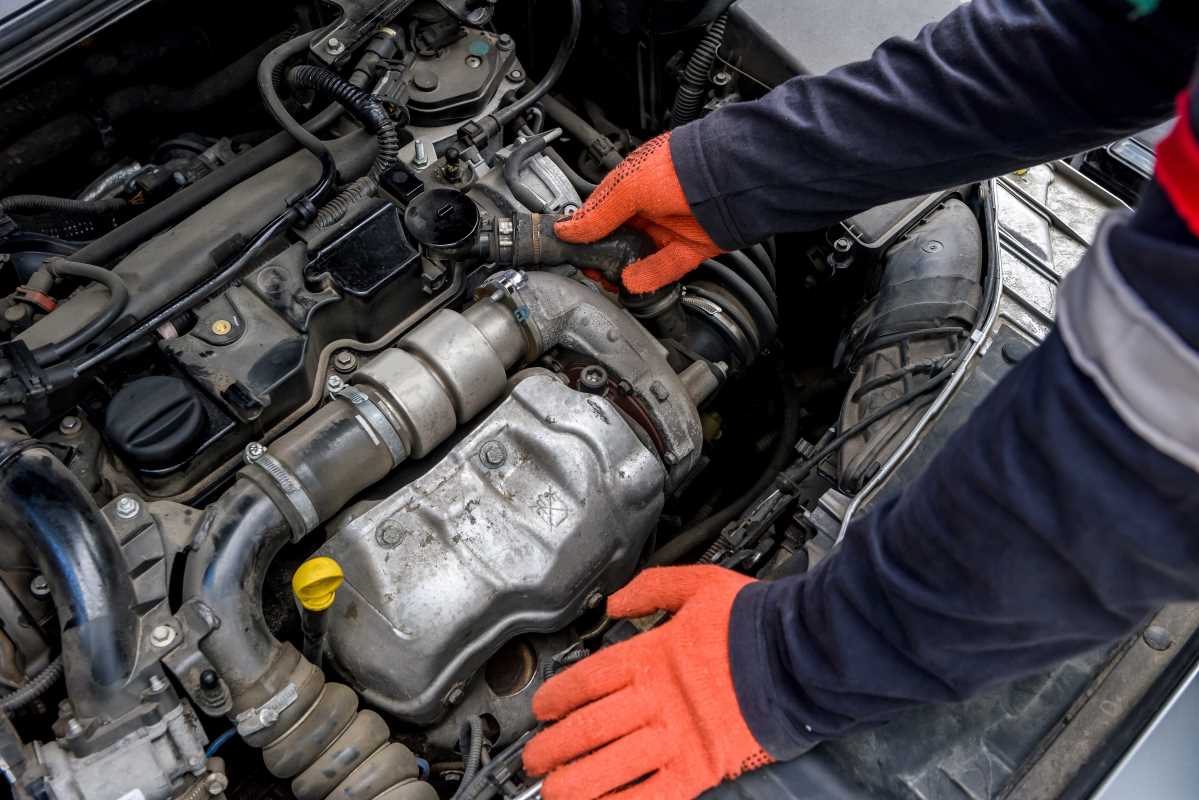Taking your car to the mechanic can feel like the flip of a coin. You trust the repair shop to be straightforward and handle what’s necessary without draining your wallet. But surprise charges that sneak up when it’s time to pay the bill can make for a frustrating and costly experience. Hidden fees or unexpected services can leave you feeling blindsided, especially if they were never agreed upon. Resolving these disputes doesn’t have to be a drawn-out fight, though. Understanding your rights, asking the right questions, and taking proactive steps can help you avoid or address conflict with your mechanic.
Start With a Detailed Written Estimate
Make sure that your mechanic provides a written estimate before any work begins on your car. An estimate should clearly list the repairs, parts, and labor costs for everything that needs attention. Don’t simply rely on a verbal description, as terms and amounts can be harder to recall or dispute later.
Request a breakdown of every potential charge, including diagnostic fees or shop supplies. Well-organized repair shops are typically upfront about costs and won’t hesitate to provide this information. Be aware that not all estimates are binding, but they give you a baseline for comparing the final bill.
A written estimate can also serve as a key reference point if there’s a disagreement later. If charges on the bill deviate significantly from what was agreed upon, the estimate becomes your first line of defense.
Question Any Fees That Seem Vague
Hidden costs often hide behind generic terms like “miscellaneous charges” or “shop fees.” These vague labels tell you little about what you’re actually paying for.
Ask your mechanic to explain what each charge covers. Shop fees often account for things like rags, oil disposal, or small incidentals the repair shop uses during service. These costs can be legitimate, but they should be reasonable and proportional to the work being done.
A mechanic who can’t clearly explain or justify the fees might be taking advantage of your lack of information. Push for transparency to better understand why the total cost is higher than expected.
Compare the Final Bill to the Estimate
The final bill should closely match the original estimate unless additional work was explicitly authorized. Significant differences might signal a problem, especially if new charges appeared without notice.
Go through the bill line by line and compare it to the estimate. Look for parts or services that weren’t on the original list. Mechanics are typically required to notify you before performing additional work, so charges for unapproved repairs may not be enforceable.
Be firm but polite when raising questions. A simple, “This wasn’t in the estimate. Can you clarify why it was necessary?” can open the door to a conversation without escalating tensions.
Check Repair Authorizations
Mechanics generally can’t perform additional repairs beyond the agreed scope without your permission. This can be verbal or written, but you should know exactly what’s being done to your vehicle before the shop moves forward.
During your initial discussions with the mechanic, specify that you want to approve any additional repairs before they begin. Some shops may even make you sign a form to confirm this arrangement.
If unauthorized repairs appear on your bill, you have grounds to dispute the charges. State laws often protect consumers in cases where a mechanic performed unapproved work. Familiarize yourself with local regulations, as they can define how disputes like this are handled.
Use Documentation to Support Your Argument
Keeping detailed records at every step of the repair process makes resolving disputes much easier. Save a copy of the initial estimate, work authorizations, and any communication between you and the mechanic. Emails, texts, or even phone call notes can provide valuable evidence if disagreements arise.
A written agreement confirming that no repairs will exceed a specific dollar amount can prevent disputes. With documentation on your side, it’s easier to identify where miscommunication happened or prove your case if hidden fees crop up unexpectedly.
Know Your Consumer Rights
As a car owner, you have rights that protect you against unfair practices by mechanics. These rights differ by location, but many areas require repair shops to disclose charges upfront and obtain your permission for additional work.
Research local consumer protection laws to determine which regulations apply to your situation. Some states mandate that mechanics provide a signed invoice detailing all parts and labor fees before payment is required. Others cap how far a repair shop can deviate from the original estimate without customer authorization.
Understanding these rights means you’re better equipped to hold a mechanic accountable if charges go beyond what’s fair or legal.
Stay Calm and Professional
Tensions can run high when disputes over hidden costs arise, but losing your cool makes resolution much more difficult. Calmly restating your concerns and focusing on facts keeps the conversation productive.
If you feel uneasy about discussing the issue in person, consider writing an email or letter instead. Lay out the specific discrepancies between the estimate and the final bill. Then, politely request clarification or a resolution.
Being professional doesn’t mean backing down. Confidence, paired with factual evidence, helps establish your case and shows you mean business without resorting to hostility.
Request a Meeting With a Manager
Sometimes, speaking directly with your mechanic won’t resolve a dispute. Asking for a manager or customer service representative can open additional routes to a solution. Shop managers have more authority to adjust fees or offer compromises, especially when faced with a valid complaint.
Explain your concerns clearly and reference written documentation to support your claims. Professional shops value their reputation and may be willing to negotiate or rectify charges to maintain customer satisfaction.
File a Complaint With Industry Regulators
If discussions with the repair shop fail to resolve the issue, filing a complaint with your state’s automotive regulatory agency might be necessary. These agencies oversee repair shops and enforce consumer protection laws.
Outline the issue in detail and include copies of the estimate, invoice, and any other relevant evidence. Many agencies investigate complaints and mediate disputes to find a fair outcome.
For disputes involving warranty-covered work, contacting the warranty provider directly might also help.
Take Legal Action as a Last Resort
Resolving a conflict through legal channels is time-consuming and costly but may be necessary if all other options have been exhausted. Small claims court is often the most practical route for disputes over repair costs.
Gather concrete evidence, including written agreements, bills, and correspondence with the repair shop. Familiarize yourself with local small claims procedures, including filing fees and documentation requirements.
Most repair shops prefer to avoid court appearances, so the mere intention of filing a claim can sometimes prompt a settlement. Use this as leverage to negotiate a fair resolution before pursuing formal action.







